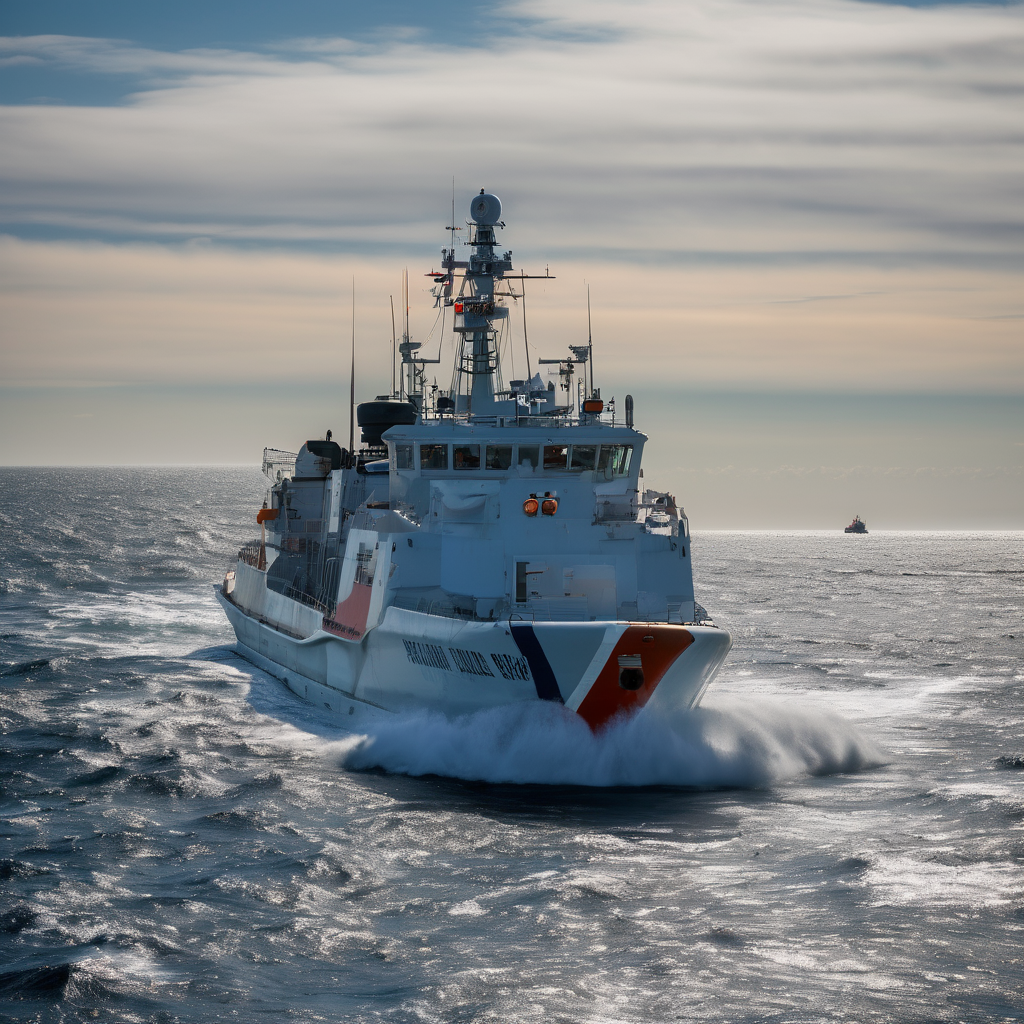The United States military has engaged in yet another operation targeting a drug trafficking vessel in the eastern Pacific, resulting in the deaths of three individuals on board. According to the Pentagon, intelligence indicated that the boat was actively involved in the smuggling of illicit narcotics along a recognized trafficking route when it was struck in international waters by forces from Joint Task Force Southern Spear. This marks the 21st military action against such drug boats since early September, highlighting the U.S. commitment to disrupting the influx of narcotics into the country. The total number of fatalities from these military engagements has now exceeded 80.
Despite the administration’s assertions of legality for these strikes, concerns have been voiced by lawmakers, human rights organizations, and allies regarding the governance and ethical implications of such military actions. The Trump administration maintains that it has the authority to execute these operations, supported by a legal opinion from the Justice Department, which claims that U.S. personnel involved are immune from prosecution.
In a related announcement, Secretary of State Marco Rubio confirmed that the State Department would designate the Cartel de los Soles, an alleged drug organization allegedly led by Venezuelan President Nicolás Maduro, as a “foreign terrorist organization.” This designation renders it a criminal offense for anyone in the U.S. to provide material assistance to the group. U.S. officials have accused this cartel of collaborating with Tren de Aragua, another criminal organization, to funnel narcotics into the U.S. market.
Heightening the situation, the Pentagon has dispatched warships, fighter jets, and even a nuclear submarine to the Caribbean as military options against the Maduro administration are reportedly on the table. This escalation of military presence has drawn significant scrutiny and further complicates the already tense U.S.-Venezuela relations characterized by ongoing geopolitical conflict, humanitarian challenges, and the intricate dynamics of international drug trafficking.
Amid these challenges, there is a prevailing hope for future dialogue and resolutions focusing on the humanitarian aspects of the crisis, aiming to simultaneously address drug enforcement and the welfare of affected communities. With concerted efforts from all involved parties, the potential for a balanced approach that prioritizes safety, security, and humanitarian considerations remains a critical goal. The ongoing military operations reflect a determination to confront the drug smuggling crisis, while also underscoring the need for sustained international collaboration towards a more secure and stable future in the region.
